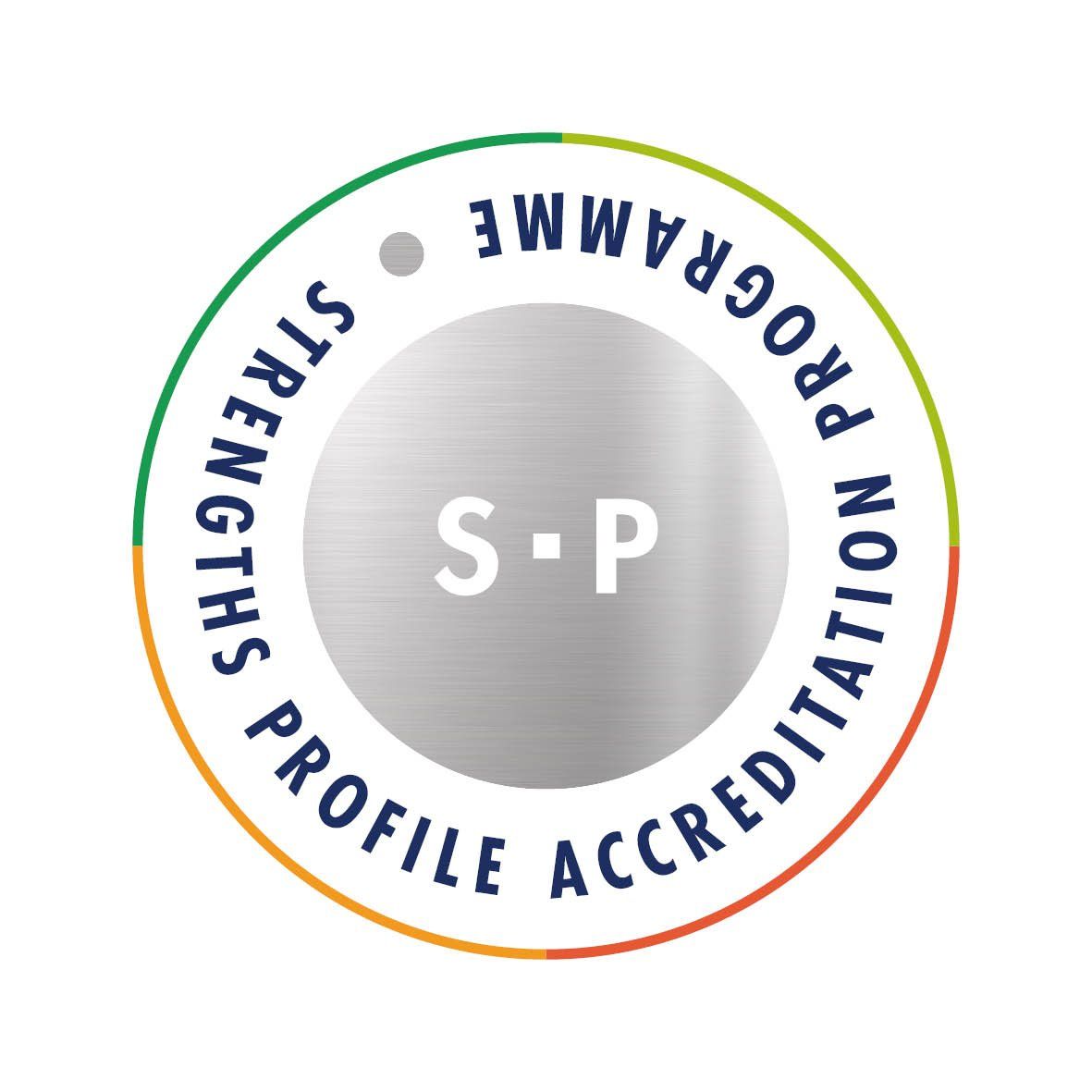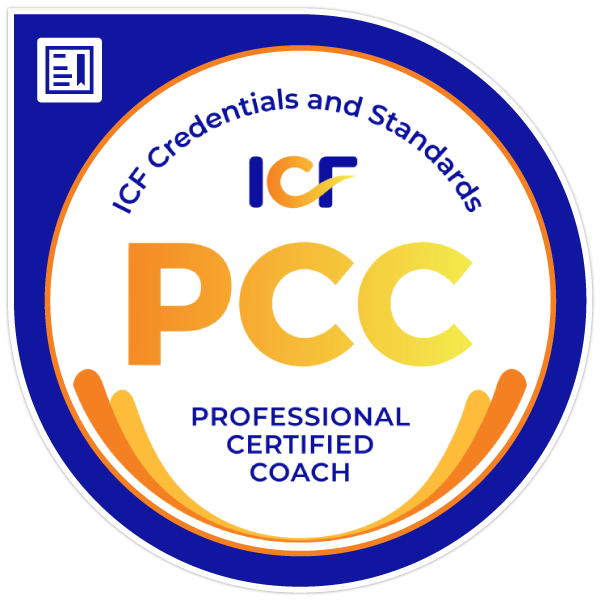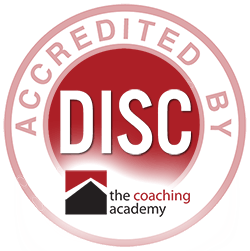Mirror Mirror on the Wall
What does Self Awareness do for you, as a Leader?

Mirror, mirror on the Wall...
Who is the best leader of all..
In the timeless tale of Snow White, the evil stepmother possessed a magic mirror that revealed nothing but the truth in response to her questions.
Surprisingly, this mirror holds a profound lesson for us in leadership and self-awareness. It serves as a powerful tool, not merely for presenting factual information (which we can easily Google nowadays) but for reflecting the truth within ourselves—a truth shaped by our culture, values, and beliefs, making it difficult to reach a consensus on what defines the best leader.
However, each one of us possesses our own "magic mirror," an internal source of self-awareness. The question is, are we willing to look into it, ask the right questions, and truly listen to the answers?
Research shows that self-aware leaders are perceived as more authentic and possess higher levels of integrity. These qualities foster greater engagement, cohesiveness and stronger relationships among team members, ultimately leading to improve productivity.
Furthermore, self-awareness offers a multitude of benefits to leaders, including:
- Better Understanding of Professional vs. Personal Self: Self-aware leaders can differentiate between their professional roles and personal identities, maintaining a healthy balance between the two.
- Developing Your Brand: Understanding your strengths, weaknesses, and values helps you define your authentic leadership brand, leading to more effective leadership.
- Enhancing Executive Presence: Self-awareness allows you to align your behavior, communication style, and emotional responses with your leadership goals, enhancing your executive presence.
- Boosting Confidence and Influence: When you know yourself deeply, you become more confident in your decision-making and communication, gaining the trust and influence of others.
1. Improved Decision-Making: Self-aware leaders possess a deep understanding of their values, strengths, weaknesses, and biases. This awareness enables them to make more informed and rational decisions. By recognizing their own limitations, they are open to seeking advice, considering diverse perspectives, and making well-balanced choices. Such leaders avoid impulsive or ego-driven decisions that may negatively impact their teams or organizations.
Illustration: Imagine a leader who is self-aware and knows they have a tendency to rush into decisions. Instead of hastily implementing a new strategy, they take a step back, seek feedback from their team, and carefully assess potential outcomes. This approach results in a more thoughtful and effective decision that gains the support and commitment of their team.
2. Effective Communication and Conflict Resolution: Self-aware leaders understand their communication style, emotional triggers, and how they are perceived by others. This knowledge enables them to communicate with clarity, empathy, and active listening. They are conscious of their emotional responses during conflicts and can regulate their reactions, fostering a positive and collaborative work environment.
Illustration: A self-aware leader recognizes that they tend to become defensive during conflicts. To address this, they work on their emotional intelligence, actively listen to others' concerns, and respond calmly and constructively. As a result, conflicts are resolved more amicably, and team morale remains intact.
3. Authentic Leadership: Leaders who are self-aware are comfortable with their true selves and embrace authenticity. They don't feel the need to put on a facade or pretend to be someone they are not. This authenticity builds trust and credibility among team members, as they know their leader is genuine and transparent.
Illustration: An authentic leader openly acknowledges their mistakes and shares their learning experiences with the team. This vulnerability not only strengthens their relationships with team members but also encourages a culture of continuous improvement and openness.
4. Effective Team Management: Self-aware leaders understand their leadership style and its impact on team dynamics. They tailor their management approach to individual team members, recognizing that each person has unique strengths and motivators. This personalized approach enhances team morale, productivity, and engagement.
Illustration: A self-aware leader recognizes that some team members thrive under autonomy, while others require more guidance and support. They adapt their management style accordingly, empowering autonomous team members and providing necessary guidance to those who need it.
5. Enhanced Emotional Intelligence: Self-awareness is a cornerstone of emotional intelligence, which is vital for effective leadership. Leaders with high emotional intelligence can empathize with others, regulate their emotions, and maintain composure in challenging situations. This skill set fosters a positive and supportive work environment.
Illustration: An emotionally intelligent leader notices when their team members are feeling overwhelmed or stressed. Instead of adding more pressure, they offer support, adjust workloads, or provide resources to alleviate the stress, creating a culture of care and empathy.
In other words, self-awareness can be defined as the ability to focus on oneself and objectively evaluate actions, thoughts, and emotions, aligning them with internal standards and understanding how others perceive us. It's a skill that allows individuals to interpret their actions, feelings, and thoughts in an unbiased manner.
In conclusion, self-awareness is not just a desirable trait; it is a critical component of effective leadership. The benefits of self-awareness, such as improved decision-making, effective communication, authentic leadership, effective team management, and enhanced emotional intelligence, contribute to a leader's ability to inspire, influence, and guide their team to success.
Thus, embracing self-awareness is not only an investment in personal growth but also a key factor in driving organizational success and fostering a positive work culture. By continually cultivating self-awareness, leaders can lead with integrity, empathy, and authenticity, creating an environment where teams thrive and individuals reach their full potential.
Some tools and techniques you can use to enhance self-awareness:
- Psychometrics assessments like strength, personality traits are especially useful to gain new perspective, a language to help you to understand some of your thought patterns, behaviours and communication preferences styles. Do note any assessments tool you chose should be followed by a conversation with a qualified coach to get a qualitative understanding.
- 360 Feedback : to cover your blind spots. Feedback is most valuable when it leads to important, actionable insights into your behavior, personality quirks, biases, strengths, and weaknesses. Sometimes, reflection on your own emotional reactions to people and situations provides an opportunity to grow in self-awareness.
- Self Reflection / Introspection : a process of observing your own mental and emotional processes using journalising, questions, meditation and mindfulness practices etc
Four Fundamental Questions to Begin Your Self-Awareness Journey:
Question #1: What don’t I know about the things I don’t know?
Recognize that nobody knows everything. Embrace humility and acknowledge what you don't know because it’s ok not to be a superbeing. Effective leaders tap into the collective knowledge of their team, leveraging their strengths to make informed decisions and lead their organizations. Great leaders recognise the skills, the unique strength of the team, and it is never about doing it all.
Humility is what makes you grow, the moment we think we know all or we know better that is when we stop learning, stop growing. A leader never stops developing his/her abilities and it is always evolving.
Question #2: How much honest, unfiltered feedback do I really get?
Just like the mirror, are you willing to hear the truth? Assess the feedback you receive, and consider whether your organization fosters a culture where feedback is encouraged and seen as a tool for improvement.
Question #3: How much empathetic listening do I practice on a regular basis?
As leaders, we take command, often focus on formulating answers rather than actively listening to others. True leaders listen more than talk. It is through listening, one gets to understand where their team members are at; the challenges, issues they faced. Tailoring your leadership approach to individual team members fosters a more inclusive and supportive environment.
Listening is a skill, is an art that takes time and intention to do well. When we are able to truly listen, people will know and they will be more willing to open up and be heard.
Question #4: What is my level of willingness to change?
Despite your past successes, how open are you to the possibility that “what got you here won’t get you there”, a famous quote by Marshall Goldsmith.
Business environments evolve, and even the most successful leaders must adapt to changing circumstances. Embracing a willingness to change and continually evolve your leadership approach ensures long-term success.
Being a coach has allowed me to see many leaders' capacity to lead is a direct relation to their willingness to change, adapt, and incorporate new strategies. Leaders with a high degree of willingness
- have a learning mindset,
- a thirst for trying out new solutions, and
- a desire to refine their leadership competency.
They commit to a discipline of leadership practice.
Do these traits describe you?
Developing self-awareness may initially feel awkward and uncomfortable. However, embracing a willingness to change will preserve and maintain your optimism as you grow. Self-awareness is not a fixed trait but rather a skill that can be cultivated intentionally. Begin the journey by asking yourself these fundamental questions, and remember that the essence lies in attuning to what arises within you.
By nurturing self-awareness, you can elevate your leadership and lead your organization forward with greater insight and effectiveness. Like the magic mirror, your journey of self-awareness will reveal the true essence of the best leader within you.
Are you ready to begin this journey of yours?





